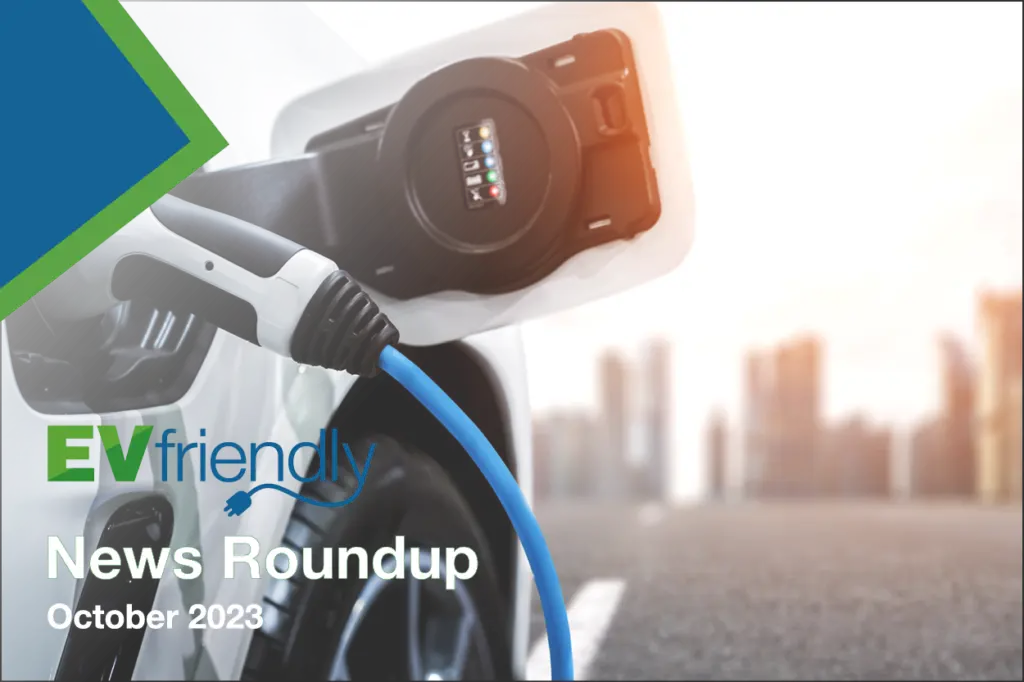Here's where Quebec is investing billions of dollars in the EV battery revolution
Premier Francois Legault is heavily investing public funds in numerous projects to solidify Quebec as a global leader in electric vehicle (EV) battery production. These initiatives involve substantial collaborations with companies like Northvolt, Volta Energy Solutions, Ford, General Motors, and Rio Tinto, aiming to create thousands of jobs and strengthen Quebec’s position in the burgeoning EV market.
Project X is a tiny EV with swappable Gogoro batteries
At the Japan Mobility Show, the MIH Consortium presented Project X, a small electric car running on swappable Gogoro batteries, offering urban drivers a nimble alternative to conventional EV charging. Designed by Foxconn’s Mobility in Harmony Consortium, this compact vehicle, resembling a toy car, seats a third passenger and integrates easily replaceable Gogoro battery slots. With potential for autonomous driving features and sliding doors for seamless access, Project X addresses the need for smaller electric vehicles in cities, diverging from the current trend of larger EVs dominating the market.
NDP come into power in Manitoba on an EV-heavy platform
The Manitoba NDP’s recent electoral success, spearheaded by Wab Kinew, signifies a notable shift in the province’s stance on electric vehicle (EV) adoption. Their plans include transitioning transit buses to electric, offering rebates for EV purchases, and expanding charging infrastructure, leveraging Manitoba’s clean energy resources. This victory promises a promising future for EVs in the province, tapping into its manufacturing potential, critical minerals, and green hydrogen production.
EVs are getting easier to find -- but with price tags out of reach for many Canadians
The expanding Canadian electric vehicle market leans heavily on pricey SUVs and large cars, driving the average EV cost to nearly $73,000. Experts stress the urgent need for more affordable options to steer away from gas-powered vehicles, indicating that manufacturers might have to slash EV prices significantly. While automakers prioritize larger models to finance the transition, the dominance of SUVs raises environmental concerns. The possibility of cheaper electric vehicles from Chinese automakers entering North America could help meet EV targets but might challenge domestic production advantages, necessitating innovation and consumer education on EVs.
By 2035, all new vehicles sold in B.C. must be electric. Is it achievable?
B.C. targets all new vehicles to be electric by 2035, but challenges with charging infrastructure and affordability persist. Despite manufacturer incentives, there’s a need for more infrastructure and flexibility to address rural and lower-income consumer needs. Rebates aim at middle-income citizens, but bridging the price gap between EVs and gas vehicles is crucial for wider adoption.






